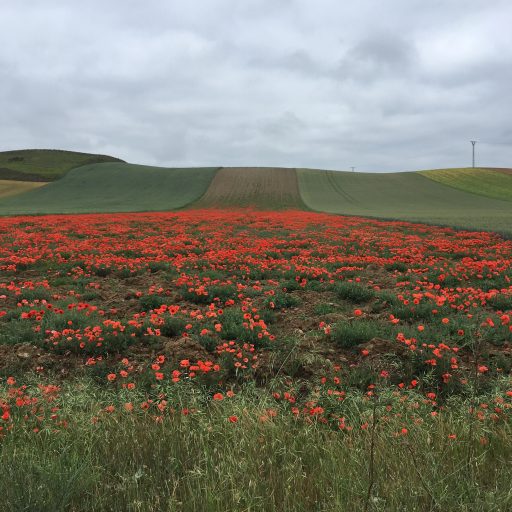This post is a continuation of a post I wrote at Read Write Poem about persona poems. Go see!
In many poems, the narrative voice is in the first person singular. I’ve heard writers complain about how they’re tired of writing about themselves, how they don’t want to be self-obsessed, and I’ve also heard readers complain about how so and so is forever writing about herself, is a narcissist with no sense of the world outside.
But are we always writing about ourselves when we use the pronoun I ? As noted in the Poet.org article entitled “Poetic Technique: Dramatic Monologue”, TS Eliot created characters in his poems who spoke about certain ideas and situations the poet wanted to investigate or draw out. In “The Love Song Of J. Alfred Prufrock,” no one would mistake the narrator of Prufrock as the poet himself. In this poem, Eliot is taking on the persona of the modern man, breathing life into him through the character of J. Alfred Prufrock.
When discussing or commenting on the work of others, it’s important to ask, “who is the narrator?” Just because the author is female doesn’t mean the narrator is. One of the privileges of being a poet or an artist or an actor is that we use our imaginations. We explore what it might be like to live under certain conditions. We might be able to find a historic character to investigate, someone who actually lived who exemplifies an idea or an image we want to understand. Or we invent.
And it might be wise to remember that even when we think we’re being honest with ourselves about writing the brutal truth, we still might be harboring certain illusions about ourselves that transfer onto the page. I’ve caught myself holding back when I write for any number of reasons What ends up in the poem is my invented self, the woman I want to be, but maybe not the person I am. We continuously create the persona we admire. Narcissism is a deep, shiny pool, and we all love to gaze into it.
How many of you have had readers confuse the narrator in the poem with you? Have you ever had someone assume you were writing about, say, your own failed marriage, when in fact you were merely exploring what could be, or what might have been?
What about personas in your poems? Have you breathed life into a literary figure from the past, a historic personage, or even a character you made up?
To read more about the idea of persona poems, please visit my column at read write poem, “get the lead out, it’s noting really.”

Leave a reply to art predator Cancel reply